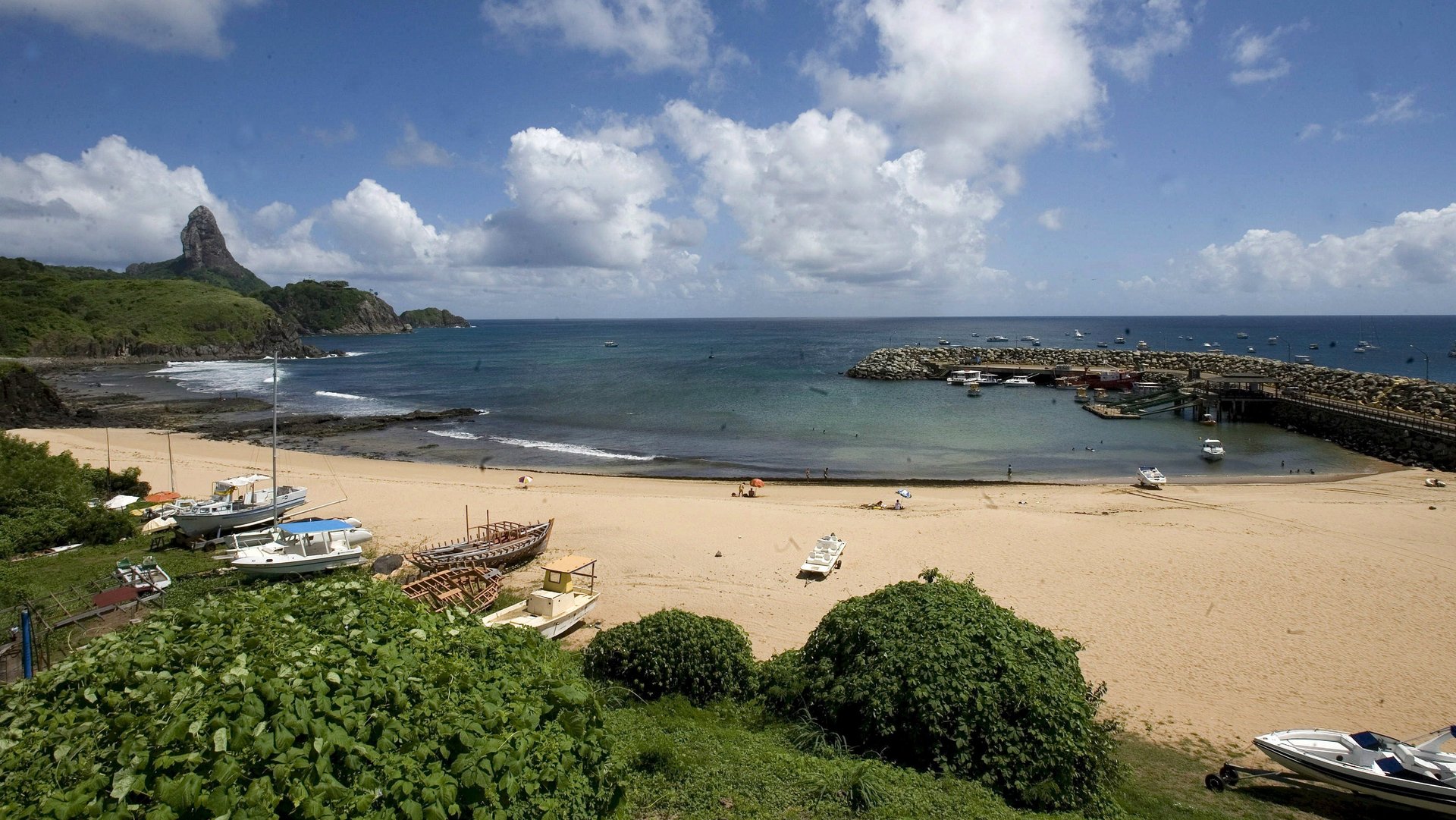This Brazilian island has an extreme way to deal with pregnancy complications: Ban childbirth
“Amazing with Kids,” one tourist wrote enthusiastically in her review of Fernando de Noronha, an island of 3,016 people off the coast of the most eastern part of Brazil.


“Amazing with Kids,” one tourist wrote enthusiastically in her review of Fernando de Noronha, an island of 3,016 people off the coast of the most eastern part of Brazil.
But despite it seeming the perfect place to visit with children, the island isn’t necessarily welcoming of its own: Childbirth is banned on it. The ban was the government’s policy answer to address the lack of maternity services. While Fernando de Noronha has a hospital, it doesn’t have the infrastructure for childbirth or prenatal care, and so the Secretary of Health requires that pregnant women travel 227 miles (365 kilometers) to the closest city on the mainland, Natal, where they can receive prenatal and childbirth care.
This is not a legally enforced ban, but a de-facto one, and the local health authority is entrusted with the responsibility of transferring expectant mothers to hospitals in the mainland, where they can receive adequate care.
Though extreme, Fernando de Noronha isn’t all that unusual when it comes to lack of maternity services: Women in many parts of the world have to travel long distances to access maternity or gynecological care. Distance from childbirth facilities is an obstacle from the poorest part of sub-Saharan Africa or Haiti, where women have to walk for hours or be carried in precarious fashion to deliver their children, to the majority of expecting women of rural America who have to travel more than half an hour (and often over an hour) to find a hospital with a maternity ward.
With that in mind, no one has had a child on the island in 12 years. It was only on May 18 that things changed, by accident. On that Friday, a 22-year-old local woman, who hadn’t realized she was pregnant unexpectedly gave birth. The woman, whose first child was born on the mainland, told O Globo that she had a negative pregnancy test and didn’t have symptoms through her pregnancy until she felt a strong pain and, in the bathroom, “saw something coming down between my legs”—a baby girl. The father then got an ambulance to take baby and mother to the hospital, where they received care.
The maternity ward of the island’s hospital closed in 2004 (link in Portuguese), for the reason many maternity wards get closed everywhere: It was not sustainable, and the costs of maintaining it—an estimated 150,000 real (about $40,000) a month—would make each of the about 40 deliveries that occur every year amongst the local population too expensive. Instead, the local government pays return airfare for each expecting mother and an escort to deliver on the mainland. In 2015, the cost of the airfare was 82,000 real for the whole year—a fraction of keeping the maternity ward open. Sometimes, the health authority also pays for accommodation.
However, many people do not consider this solution as viable. The government has been accused of breaking “the right to be born,” and many women have complained about having to spend a long time away from home (the transfers happen at the seventh month in the pregnancy). But the authorities are convinced this is the safest solution, and has issued a statement following the event to highlight the importance of seeking adequate prenatal and maternity care.